When it comes to digestive health, many consumers are already familiar with the benefits of adding probiotics to their diets, but what about prebiotics? Prebiotics supply the crucial, non-digestible ingredients that fuel the growth of healthy bacteria, including probiotics. As consumers better understand this meaningful symbiotic relationship, the prebiotic supplement market will grow substantially in the coming years. Adroit Market Research predicts the global prebiotic market size will grow from $3 billion in 2017 to $9 billion by 2025.
Health-conscious consumers are looking for prebiotic options made from sustainable ingredients and in new delivery formats including powders, gummies and beverages. Comet Bio’s 2019 consumer study found that that four out of five consumers are interested in healthy, sustainable dietary fibers. To meet this consumer demand, Comet Bio developed ArrabinaTM — a prebiotic dietary fiber made from upcycled crop leftovers.
Tapping into the trend
As demand for prebiotic supplements grows, manufacturers must offer diverse options to meet their customers’ needs. Each person has a unique microbiome and when it comes to gut health, it is not a one-size-fits-all formula. There is an array of probiotic strains as well as many prebiotic dietary fibers, and some probiotics work better with specific prebiotics and vice versa. For example, while inulins—a popular prebiotic additive generally derived from chicory root— may be beneficial in supporting the growth of beneficial bacteria for many consumers, others may find Comet Bio’s prebiotic dietary fiber Arrabina™ to be more effective.
Comet Bio’s Arrabina™ is the well-studied prebiotic fiber, Arabinoxylan. Clinical research shows that consuming as little as 2.2 grams of Arabinoxylan per day promotes the growth of bifidobacteria in the gut, which is less than half the level of other prebiotic ingredients.1 In addition to its high potency, Comet Bio’s clinical research shows that the prebiotic has better tolerance compared to inulin.2
Extracting better nutrition
Despite its exceptional prebiotic benefits, Arabinoxylan has not been widely available for use due to inefficient extraction. Comet Bio saw this market opportunity and utilized its proprietary extraction technology to make it available in an isolated, purified, and fully soluble form. The proprietary water extraction technology makes it possible to extract Arabinoxylan from many crop and food leftovers. The process uses water and pressure to extract the Arabinoxylan and purify it. Through this approach, Comet Bio can not only produce ingredients that are healthy and sustainable, but also of the highest quality.
Superior functionality
Arrabina™ provides supplement, food and beverage manufacturers a healthy and sustainable upcycled prebiotic dietary fiber option. It is a fully soluble powder with very low viscosity making it suitable for use in a variety of applications with functional ease. Comet Bio’s customers so far have been predominantly supplement manufacturers and protein powder companies looking to bolster their health and sustainability claims. As consumer awareness of prebiotics grows, Comet Bio predicts that Arrabina™ will be utilized in more formats like beverages, baked goods and even confectionary given its superior functionality.
As research linking the importance of the gut microbiome to overall health continues to emerge, the digestive health category will only continue to expand. The sky is the limit as to how brands can capitalize on this trend by incorporating sustainable ingredients like ArrabinaTM into their products.
References:
1. ISAPP; Windley et al. 2015, Cloetens et al. 2010, Francois et al. 2014, Maki et al. 2012, Walton et al. 2012, Damen et al. 2012, Kjølbæk et al. 2019;
2. Comet Bio unpublished results of clinical trial; Inulin comparison data from Bonnema, Angela L. et al., “Gastrointestinal Tolerance of Chicory Inulin Products,” Journal of the Academy of Nutrition and Dietetics, Volume 110, Issue 6, 865 – 868;






